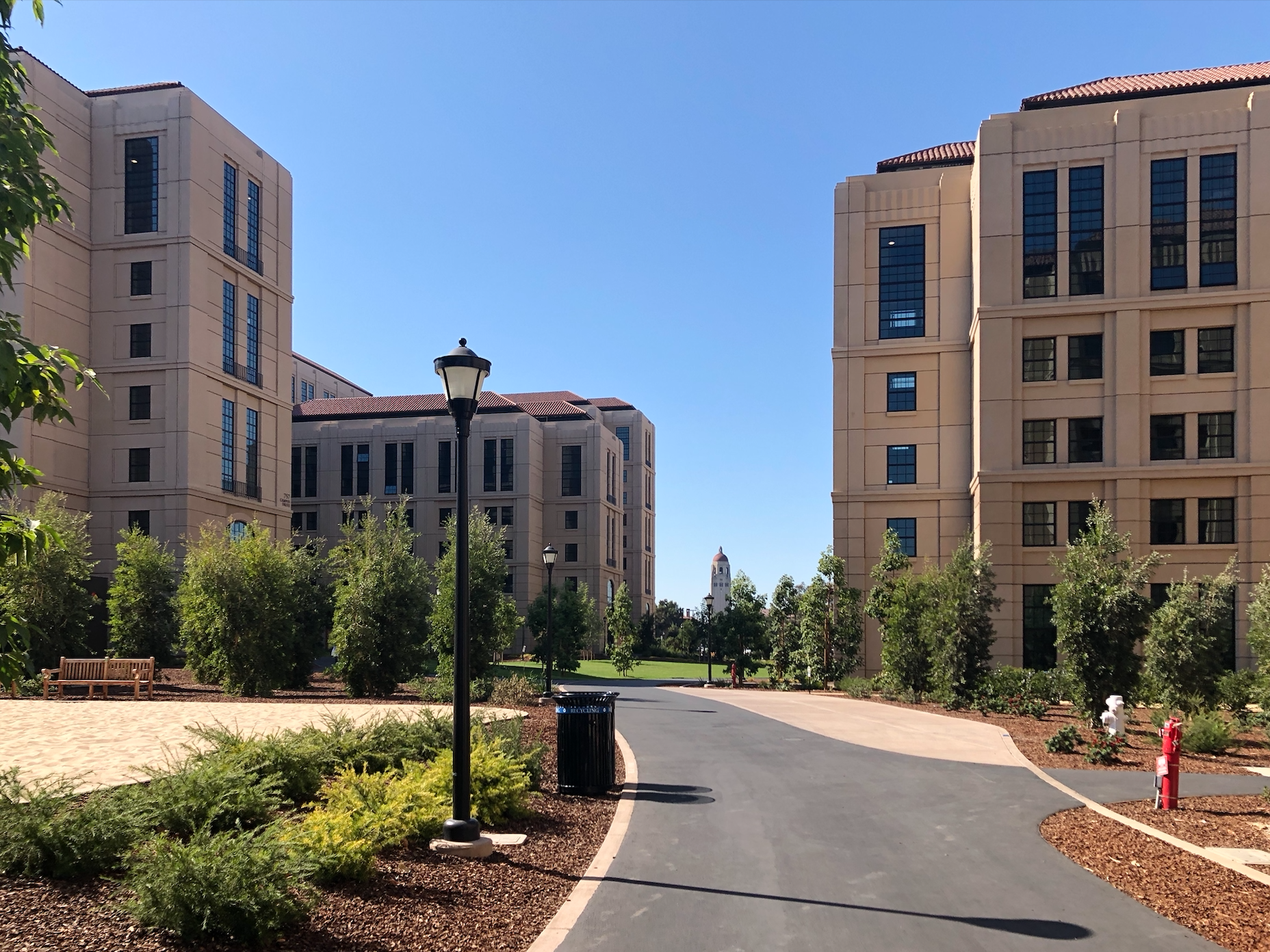The Graduate Student Council (GSC) expressed concerns about a number of events and policies impacting free speech on campus, during its meeting on Nov. 18. The Council did not meet last week.
Some councilers argued that the ongoing Town Center Project, which seeks to transform the bookstore and post office buildings into a social space, could impact the use of designated free speech zones.
Perry Nielsen M.S. ’24 said that the project is attempting to make Meyer Green and White Plaza into “one continuous green space.”
“The line between where the free speech area ends and where the Town Center begins could become very murky,” he added. “Students could think, ‘Oh, this is all the same area, I can protest here,’ but suddenly it becomes illegal because they’ve crossed an arbitrary line.”
The councilors also raised concerns about other applications of free speech policies, particularly incidents involving chalking protests and the Stanford Graduate Workers Union’s right to picket.
“Students were following university guidelines on free speech but were stopped, and their chalking was erased almost immediately,” said Artem Arzyn ’25, M.S. ’25. “The administration admitted it shouldn’t have happened but offered no remedy or assurance it wouldn’t happen again.”
The Daily has reached out to the University for comment on the chalking incident.
The council plans to meet with University President Jon Levin ’94, who has signaled interest in addressing student concerns and rebuilding trust between graduate students and the administration. “The president reached out and wants to hear our concerns,” said GSC co-chair Emmit Pert, a fifth-year chemistry Ph.D. student. “There’s a lot of distrust between grad students and the administration. But with a new president, it’s a time for change. We could see real policy changes in the next couple of years.”
Councilors plan to raise several pressing issues during the meeting, including housing affordability, administrative responsiveness, and systemic transparency. Regarding planning for the meeting, Granowitz suggested sending in questions in advance to ensure productive discussions. “So we can get real answers,” he said, “instead of, ‘I’ll look into that.’”
Council members also deliberated on late-night transit on campus. During the COVID-19 pandemic, Marguerite evening lines were cut due to pandemic-related budget constraints. Members underscored the necessity of reinstating those services.
“It’s not just a social thing,” Pert said. “For grad students, it’s a much more practical concern.”
Nielsen emphasized the safety implications. “It’s an actual public safety issue,” Nielsen said. “For those without a bike or with mobility challenges, it’s serious.”
The council unanimously approved budgets for several student-led initiatives, including a winter-themed event and a German and Italian Society film screening featuring traditional cuisine. The GSC also approved funding for a Law Student Association’s event, which is open to the broader community.
Correction: A previous version of this article misquoted Granowitz. The Daily regrets this error.
